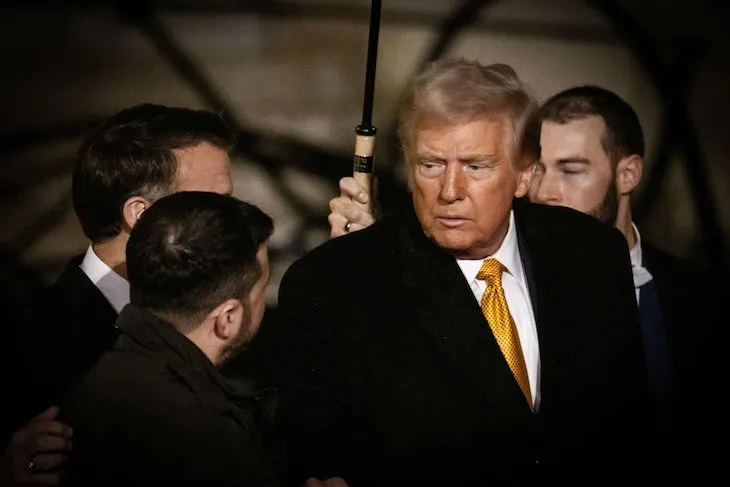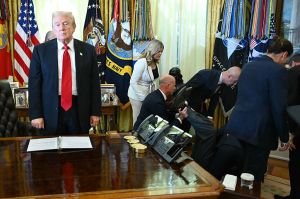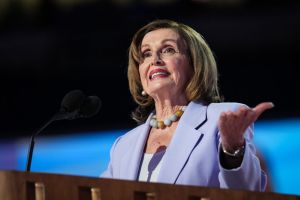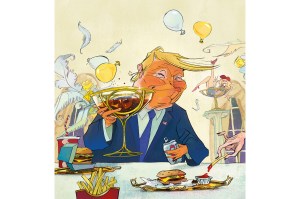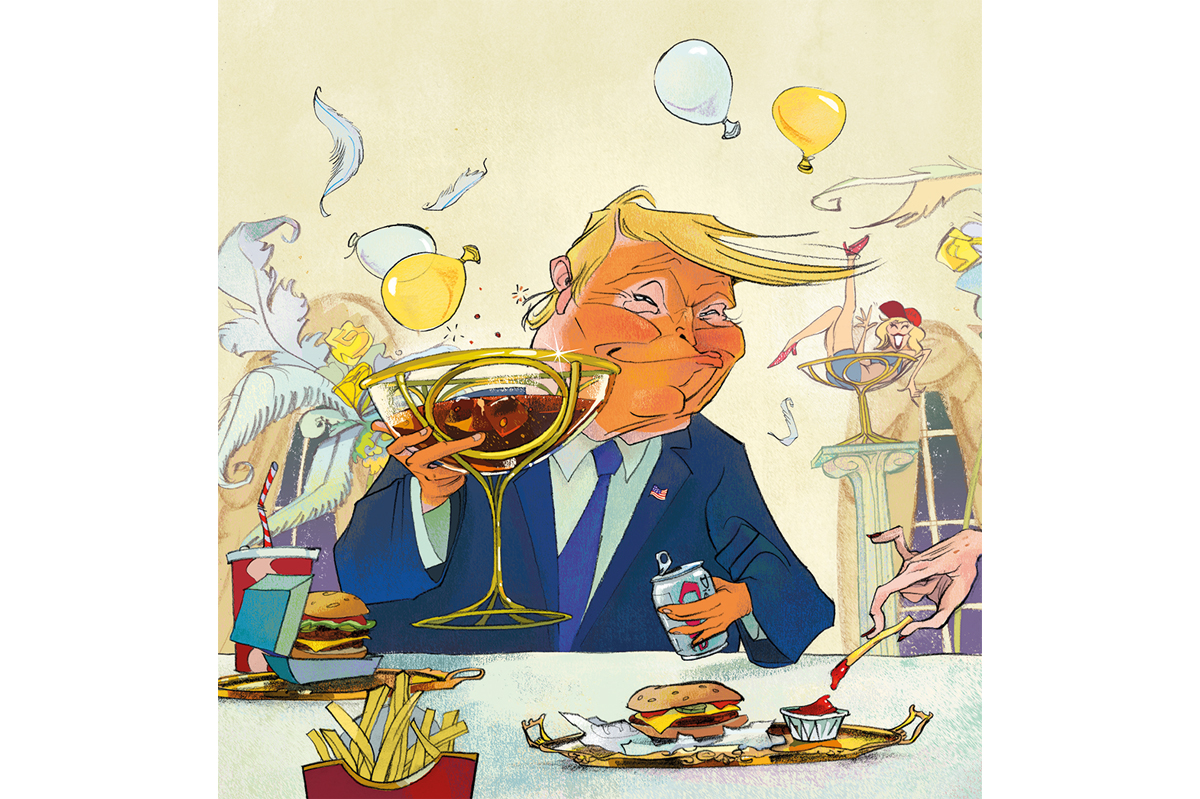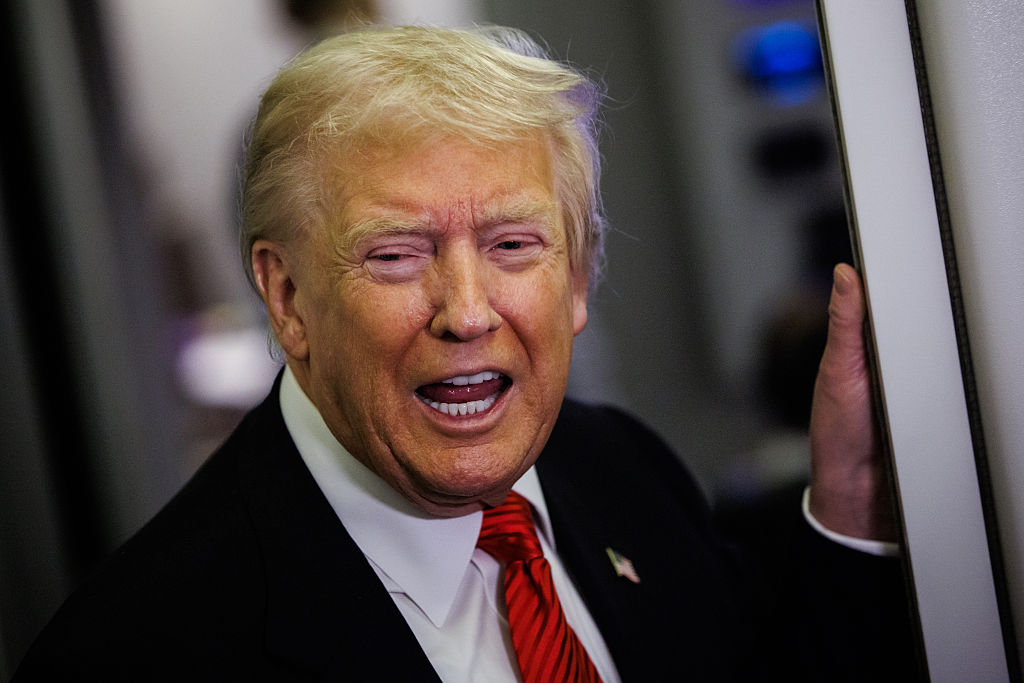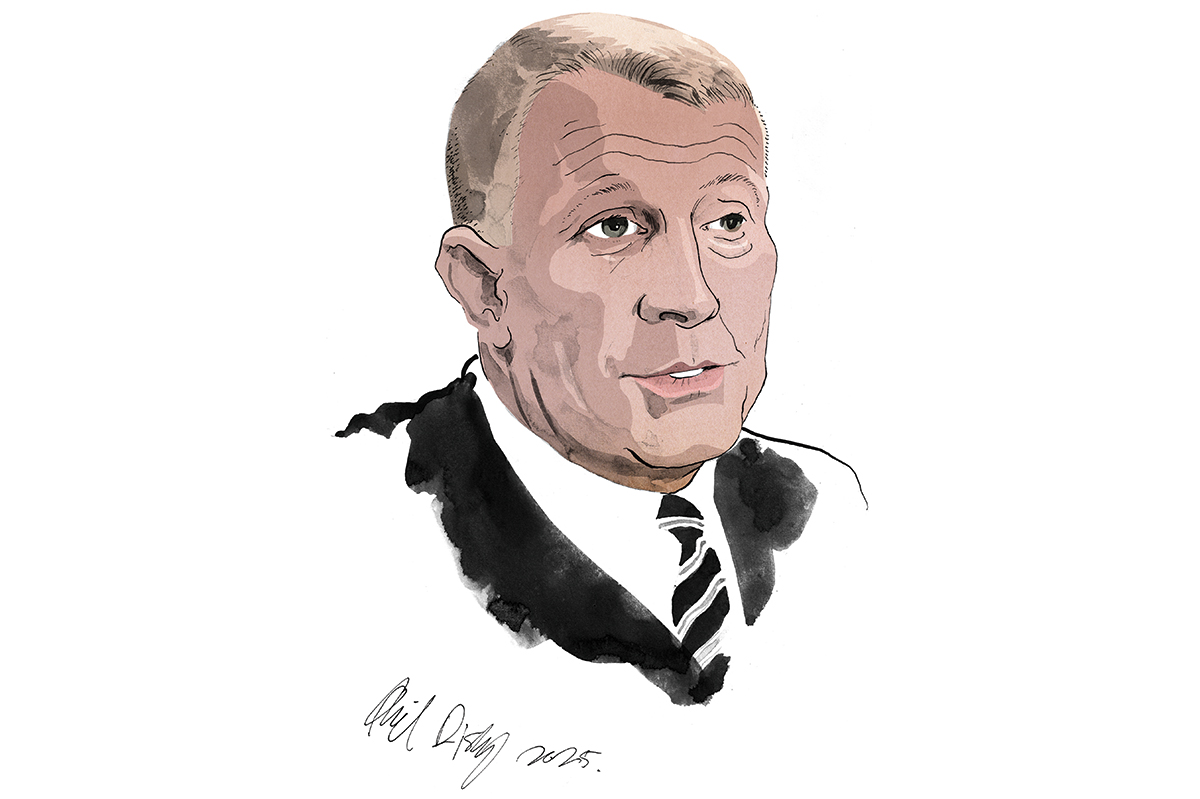With the phone call between Donald Trump and Vladimir Putin, the quest for a peace deal for Ukraine is off to a troubling start. The conversation hinted at an eventual normalization of United States-Russia relations and signaled that negotiations are likely to be led over the heads of Europeans — and Ukrainians — and possibly without input from Trump’s own Ukraine envoy, Keith Kellogg. “As we both agreed, we want to stop the millions of deaths taking place in the War with Russia/Ukraine,” Donald Trump wrote after his conversation with the Russian leader. “President Putin even used my very strong Campaign motto of, ‘COMMON SENSE.’ We both believe very strongly in it.”
Signaling in advance what the US is not willing to do projects weakness to Putin and sets Ukraine up for failure
At the NATO ministerial meeting on Wednesday, meanwhile, Secretary of Defense Pete Hegseth announced that, as part of a future peace deal, Ukraine would not be admitted into NATO, that US troops would not serve in a peacekeeping role, and that any European peacekeepers would not be covered by the alliance’s Article 5.
Much like President Joe Biden’s comments in December 2021, ruling out US boots on the ground in Ukraine, Hegseth’s signaling in advance what the US is not willing to do projects weakness to Putin and sets Ukraine up for failure.
The news comes on the back of President Trump’s earlier insistence on receiving “the equivalent like $500 billion worth of rare earths,” as he put it in a recent interview. At best, such rhetoric betrays a fundamental misunderstanding of the importance to the US of stopping and deterring Russian revisionism.
Fair, Ukraine’s mineral wealth can serve as collateral for loans that Kyiv could use to arm itself against Russia by buying US weapons systems. Alternatively, Kyiv could just grant the US mining rights, while Congress approves new supplemental bills to restock Ukraine’s defenses.
President Trump, however, seems to be leaving America’s part of the bargain out of the conversation — as if he were asking for compensation for prior assistance. “Otherwise, we’re stupid,” he says, “we can’t continue to pay this money.” As of now, however, the only money left to be paid to Ukraine is a little less than $4 billion that was left unspent at the end of the Biden administration.
Perhaps our commitment to help in some fashion — though not through our peacekeeping or our support to European peacekeeping — is implicit in the ask made of the Ukrainians by Trump and by Treasury Secretary Scott Bessent, who is headed to Kyiv to discuss the proposal. But if the president is going to ask Congress for tens, if not hundreds, of billions of dollars in further aid or in lend and lease assistance to Ukraine, he should say so — both for the sake of preparing House Republicans for a dramatic change of course and to put pressure on Putin.
Worryingly, US access to Ukraine’s mineral wealth is compatible with a wide range of scenarios for Ukraine’s future, especially if Washington refuses to back the resulting deal with hard power. Surely, Vladimir Putin would at least consider giving US companies access to Ukraine’s rare-earth minerals in exchange for recognition of Russia’s territorial gains in Ukraine, normalization of Russia’s economic relations with the West, and other benefits — possibly including a cut of the proceeds from mining, which in any event is unlikely to get far without Western technology.
Relatedly, there are good reasons to be concerned about the urgency with which Kellogg is suddenly pushing Ukrainians into an election at the earliest opportunity, as “a sign of a healthy democracy.” Such concerns over Ukraine’s democratic governance seem in tension with the abrupt discontinuation of USAID’s programs supporting democracy and rule of law across the world, not to speak of the administration’s attacks on other instruments of US democracy promotion, including most recently its broadcasting services.
The most charitable understanding of Kellogg’s remarks is that the US has interests in ensuring the next Ukrainian administration does not renege on a deal concluded by President Zelensky. But the best way to ensure that is through a deal that is good, sustainable and fair on its own merits.
Legal considerations aside, pushing an election on a country at war or otherwise in turmoil provides ample opportunity for Russian interference.
A lot of ink has been spilt on discussing how different post-war arrangements might or might not deter Russian aggression against Ukraine in the future. While the most effective of those arrangements have just been taken off the table by Secretary Hegseth, Russia has traditionally wielded a spectrum of different tools against Ukraine short of war, including the bribery and co-opting of its elites, energy blackmail, trade sanctions, and others. Unless post-war Ukraine rebounds as a successful and resilient country, it will provide opportunities for such practices to make a comeback.
Even if it succeeds, Trump’s, Hegseth’s and Kellogg’s ham-fisted diplomacy is fraught with risks — in fact, especially if it succeeds. In the light of America’s abandonment of its Foreign Corrupt Practices Act, access of US companies to Ukraine’s rare-earth minerals can be easily reconciled with a post-war future for Ukraine that is permanently locked out of NATO and the EU, and reduced to a playground for the Kremlin and corrupt oligarchs. While that may not count for much in Donald Trump’s “transactional” calculus, it would be a disaster for America’s interests in Europe.



